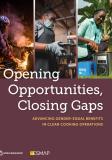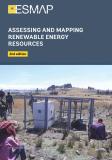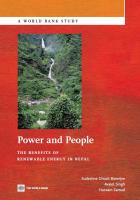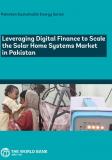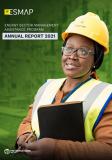Publications
By Sudeshna Ghosh Banerjee, Avjeet Singh and Hussain Samad
ISBN-978-0-8213-8779-5
A large section of the Nepalese population - over 60 percent - is deprived of electricity coverage despite huge hydropower potential, particularly in the rural areas. The disparity in access is stark, with almost 90 percent of the urban population connected, but less than 30 percent of the rural population. Nepal has about 83,000 MW of economically exploitable resources, but only 650 MW have been developed so far.
Decentralized service delivery in the form of renewable energy such as micro-hydro and solar can fill the gap in rural areas. Traditional water wheels (gharats) provide electricity to 7 percent of the rural population, equivalent to about 800,000 people. The 10th Five-Year Plan sets a target of generating electricity equivalent to 10 MW from micro-hydro schemes and access to off-grid electrification for 12 percent of the population.
This study has been designed to organize an evaluation system that measures the impact of micro-hydro installations on rural livelihoods and to establish a monitoring system for the Alternative Energy Promotion Center (AEPC)—a government institution under the oversight of the Ministry of Environment and operating under a semi-autonomous status—to continually measure the results of the renewable energy programs against the targets.
